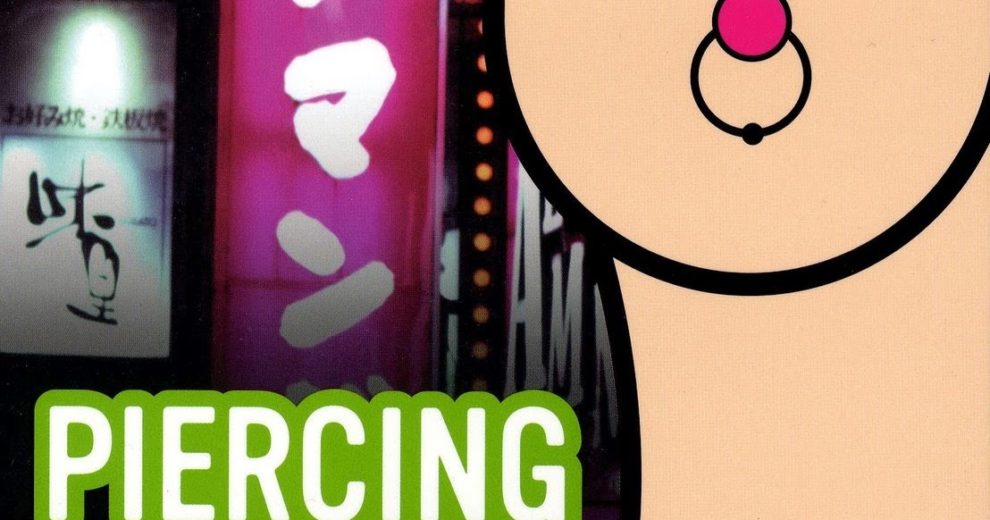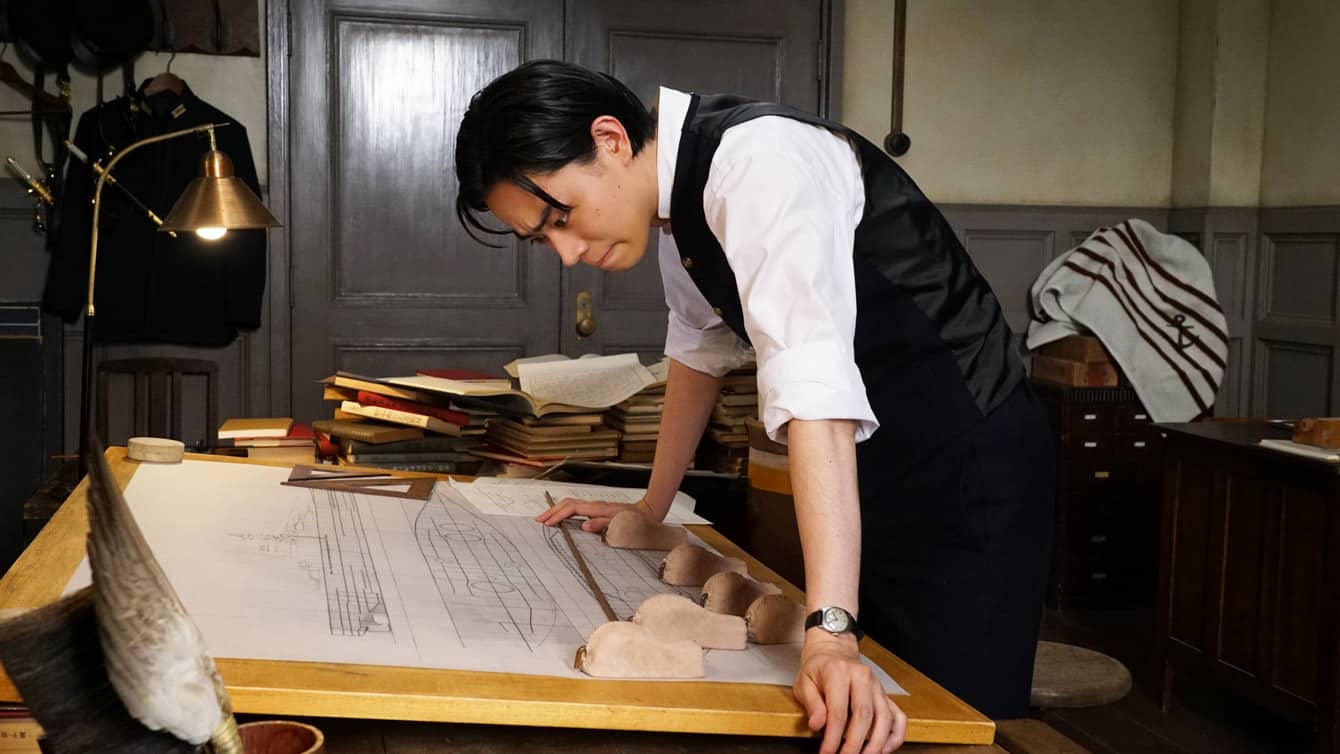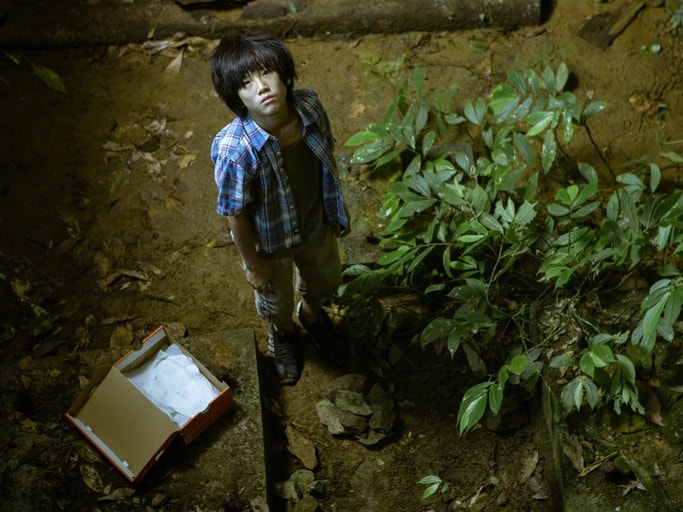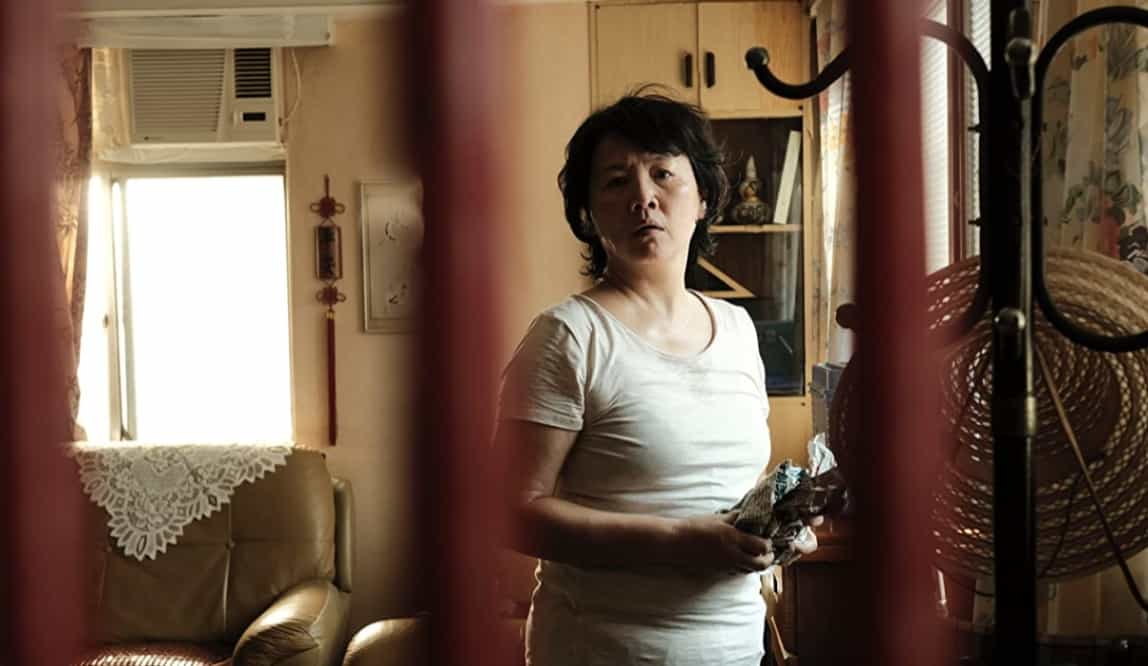In a review of “From Fatherland, with Love” in the Financial Times, David Pilling wrote, “If Haruki is The Beatles of Japanese literature, Ryu is its Rolling Stones”. “Piercing” with the level of analysis of its characters, who are radically different from the ones in the former's analysis, is a testament to this statement.
Buy This Title
The main character of the novel is Kawashima Masayuki, a man whose perversion, despite the fact that he is married and has a baby girl, becomes evident from the first pages of the book, as Murakami chillingly narrates what can only be described as his desire to use an ice pick on the baby. As his thoughts are presented with agonizing detail, we gradually learn of a man whose past of abuse has shaped him in the most perverse ways, but also made him able to mask his true nature to the highest degree. Not being able to control his impulses, Masayuki decides to plan his next use of the ice pick, through a rather intricate scheme, which Murakami presents in every detail. His potential victim however, an S&M sex worker named Sanada Chiaki, proves to be more than a handful.
Just like Haruki dwells into the depths of his unremarkable characters in order to present “normality” in the most analytical way, so does Ryu with his extreme, perverse, but equally realistic characters. In “Piercing”, the realism with which he describes the thoughts of a paranoid sadist in front of his own baby is truly chilling, but at the same time, highlights that this man is sick, and barely in charge of both his mind and his actions. Furthermore, as his history unfolds, the reasons behind this sickness are revealed quite eloquently, with Murakami highlighting the impact bad parenting and an awful childhood can have on a child. This sense of agony and angst becomes even more intense since his wife does not have a clue about his situation, with his ability to disguise it pointing towards a true sociopath. The meticulousness of which he prepares his plans adds even more to this aspect, with Murakami presenting a rather thorough psychograph of the mentality of perversion.
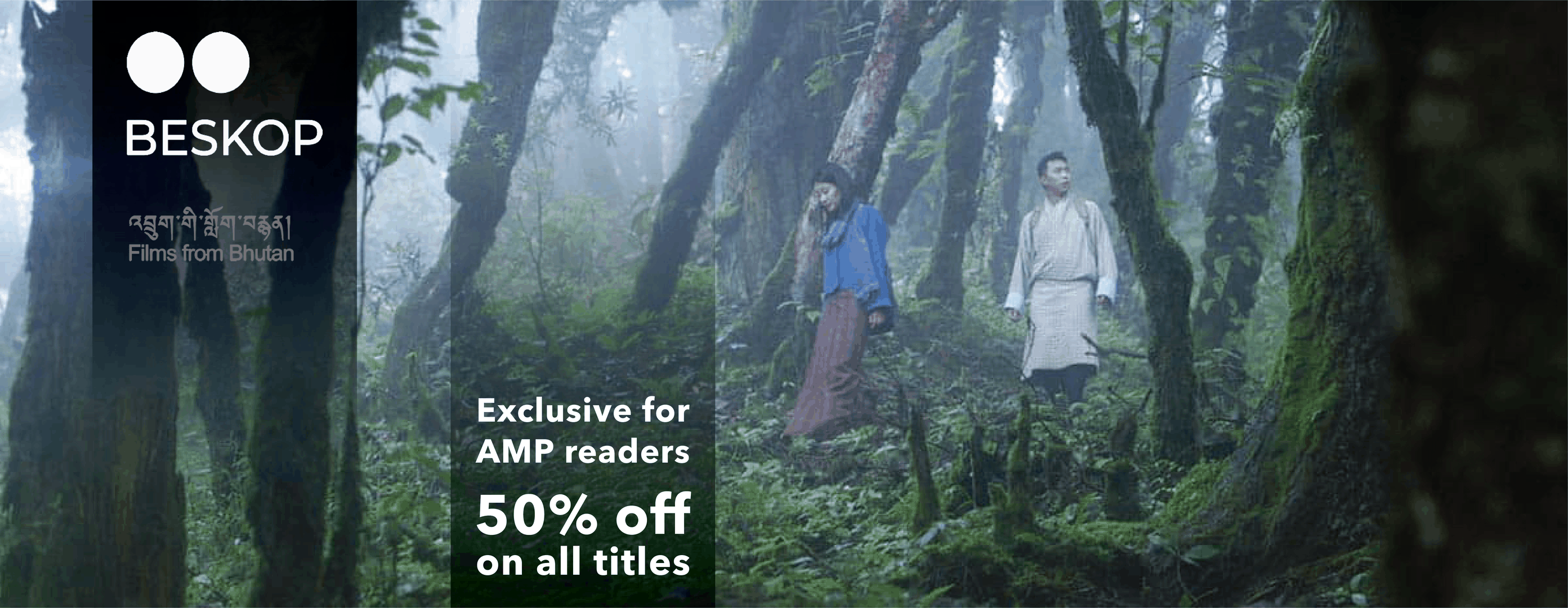
The novel, however, definitely finds its apogee upon the appearance of Chiaki, who presents both the cruelest details of the lives of prostitutes and another kind of perversion, this time from a woman's side, whose sociopathic tendencies move towards hurting herself instead of others. Her appearance adds the M to Haruki's S in the most captivating fashion, with the way their trains of thoughts clash being one of the best aspects of the novel. Furthermore, when drugs are included in the equation, expectedly, all hell break loose.
Murakami's writing implements a very welcome simplicity in order to present all the aforementioned, resulting in a novel that is easy to read, at least in terms of language. However, the way he presents the thoughts of his two protagonists, who differ radically even though they are focused on the same events, is truly masterful, with the clash of perversions and the different but equally misguided conclusions being truly magnificent to read.
Lastly, the economical ending and particularly the last sentence conclude the novel in the best fashion.
“Piercing” is a truly great book, an ode to exploitation and a masterclass in extreme but meaningful literature.


